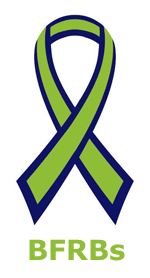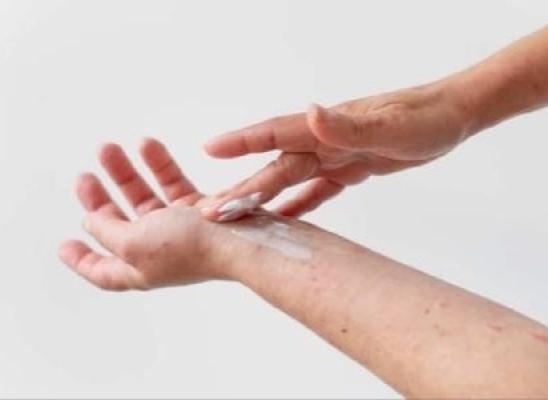Skin Picking and Body-Focussed Repetitive Behaviours (BFRB)
Online test
Find out the severity of your symptoms with this free online test
There has been disagreement in the medical fraternity about the classification of skin-picking disorder (SPD) with some grouping it with obsessive compulsive disorders (OCD), while others categorising it as a body-focussed repetitive behaviour (BFRB). One might question what the importance is of classifying the skin-picking disorder into any specific category when they are all so similar. The importance lies in the advancement of knowledge and understanding of the causes and developing guidance of treatment of the condition. There are distinct clinical differences in the presentation of obsessive compulsive disorders and the underlying causes, and those of BFRBs. As such, there are also differences in the treatment approaches that are most effective within each category of disorder. In a recent 2012 internet study comparing the rates of problematic BFRBs in individuals with SPD, it was found that skin-picking disorder is associated with body-focussed repetitive behaviours.
What are BFRBs?
According to Angela hartlin's skin-picking support website, Body- Focused Repetitive Behaviours (BFRB’s) “is an umbrella term for any chronic behavior that causes a person to consistently cause physical damage to oneself unintentionally through a compulsive act in order to relieve anxiety.” The key difference between BFRB and other compulsive behaviours that cause harm to the body is that BFRBs are characterised by direct body-to-body contact. The website goes on to list other BFRBs such as: hair-pulling disorder (trichotillomania), hair eating disorder (trichophagia), skin biting disorder (dermatophagia), nail biting disorder (onychophagia), and nose picking disorder (rhinotillexomania).
The link between Compulsive Skin Picking and BFRBs
In the study linking skin-picking to BFRBs, it was found that there was a strong co-occurrence of the different BFRBs where individuals who skin-pick also tend to bite nails or pull hair obsessively. There was also a strong correlation between individuals with skin-picking disorder and a familial history of one or other BRFB. This suggests that the cluster of BFRBs may have familial traits rather than the specific behaviour itself. There are some other sub-categories of BFRBs that develop as an extension of the main habit. For example skin-pickers may also develop the habit of picking at scabs that form on healing sites where skin picking previously occurred. This can develop into the habit of eating the scabs. In the same vein, it is not uncommon for individuals with hair pulling disorder to develop the habit of eating hair which evolves into a BFRB on its own. From the research it is suggested that BFRBs are automatic habits in that there is no reflective awareness or cognitive awareness of deliberate harm to the body. Skin-picking disorder presents in a similar fashion in that the individual does not initially start out intentionally trying to harm or damage the skin. However the regulatory effect experienced by the person engaging in this behaviour on overwhelming emotions or cognitive thought patterns such as intense anxiety, causes the person to habitually seek out this effect through continued picking. This mounts to obsessive repetition of the behaviour without the person realizing until it has developed into a clinical condition. In this way skin-picking, as with other BFRBs respond well to similar treatment methods such as habit reversal.
Online test
Find out the severity of your symptoms with this free online test
Start your journey with SkinPick
Take control of your life and find freedom from skin picking through professional therapy and evidence-based behavioral techniques.
Start Now



